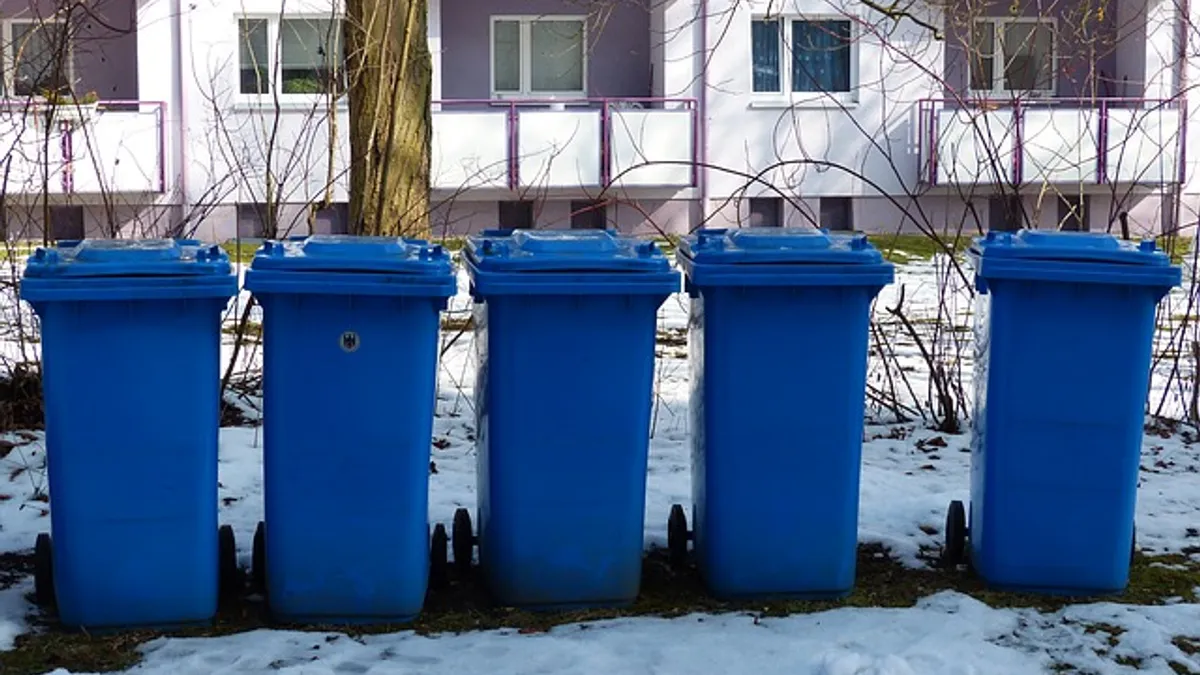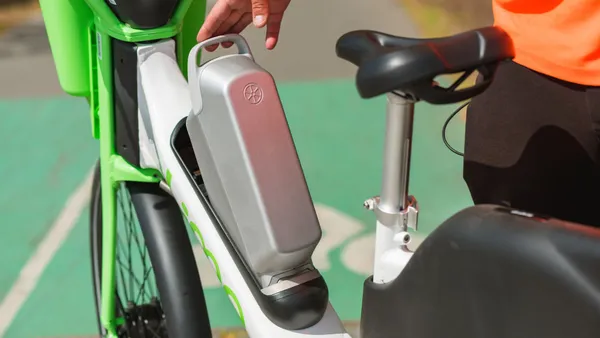Dive Brief:
- City officials in Grand Rapids, MI are questioning whether the municipal recycling incentive program "mygrcitypoints" is still worth the money nearly six years after it was established. So far, the city has spent $700,000 on the program, as reported by MLive.
- The Grand Rapids City Commission recently voted 4-2 to extend the program's contract with nonprofit Local First through March 2018 and will invest an additional $62,000.
- The mygrcitypoints program currently has more than 14,650 active users out of nearly 49,500 recycling customers in the city. Commissioners have been critical about the program's lack of clear metrics to show its effectiveness and marketing to expand its reach.
Dive Insight:
Grand Rapids initially considered contracting with Recyclebank though decided to create its own program to work with more local businesses instead. Aside from recent issues at the county material recovery facility, Grand Rapids' recycling program has been working well in recent years. The mygrcitypoints program did cause an uptick in participation after it launched though results have since leveled off.
Like other reward programs, mygrcitypoints offers residents discounts and special offers at participating businesses based on their recycling habits or volunteer efforts. One resident saved enough points to have a local brewery name a beer after her husband for Christmas. Yet as seen in Fort Worth, TX, which recently decided to move away from a partnership with Recyclebank, it can sometimes be hard to keep residents engaged in these programs long-term.
This doesn't mean the Recyclebank model is no longer viable — Phoenix and Allentown, PA recently partnered with the program — but it is facing competition from other concepts. Data analytics company Zerocycle has now partnered with multiple cities to try a model that drives friendly competition among residents by publishing neighborhood recycling comparisons and targeting engagement. The mygrcitypoints program is based off the average weight of recycling carts in a given neighborhood to encourage interaction among residents, offering a hybrid of the two models.














